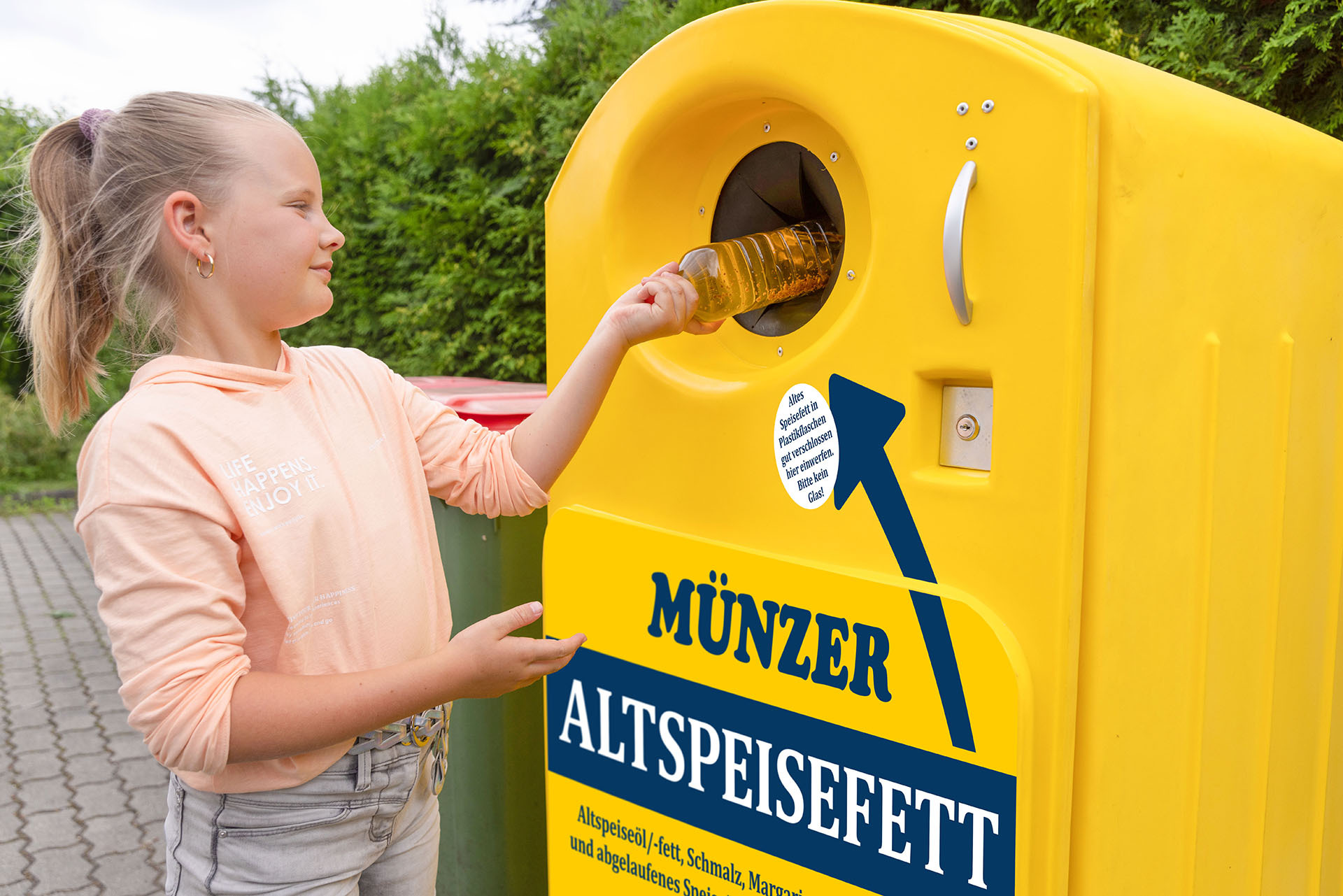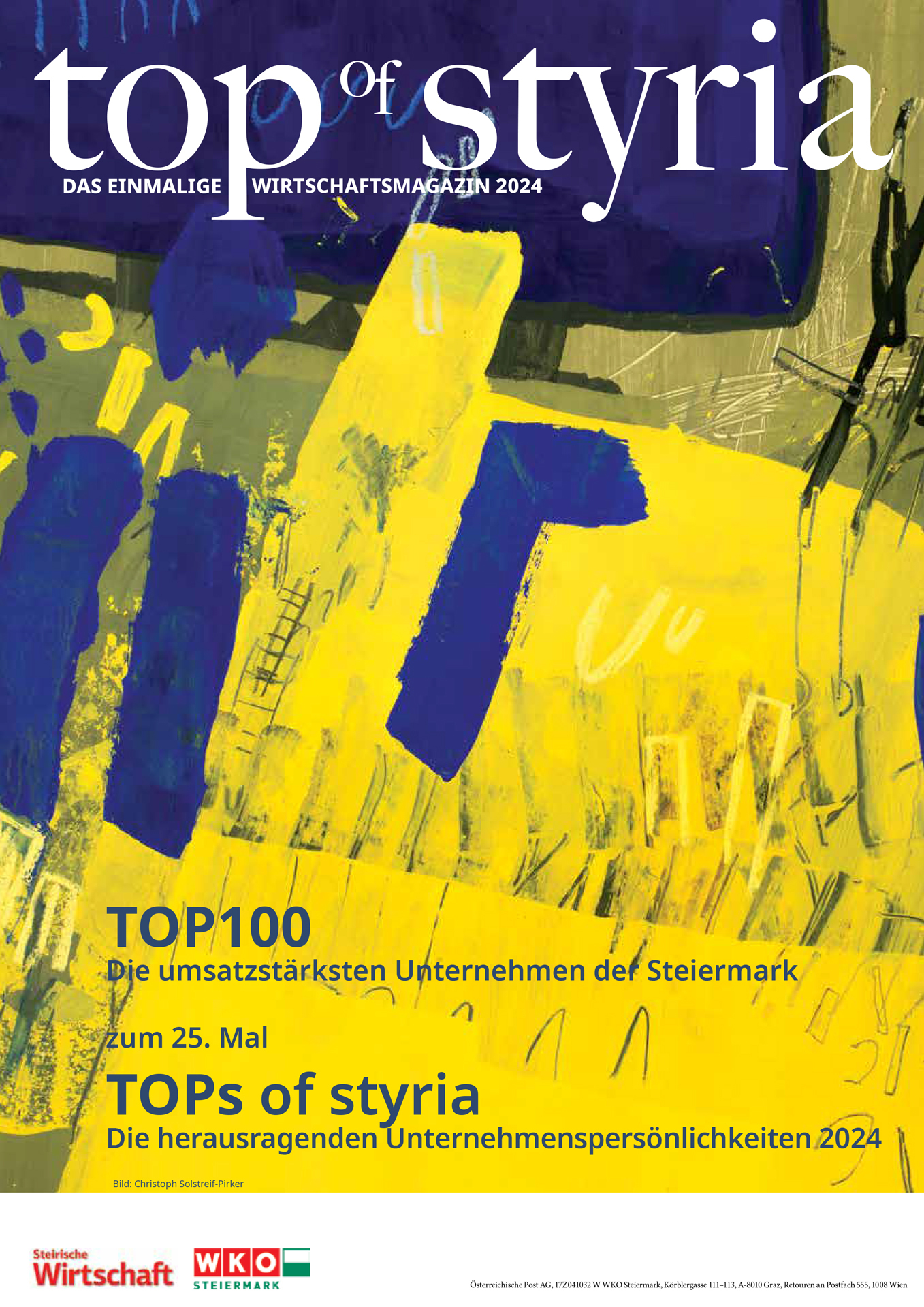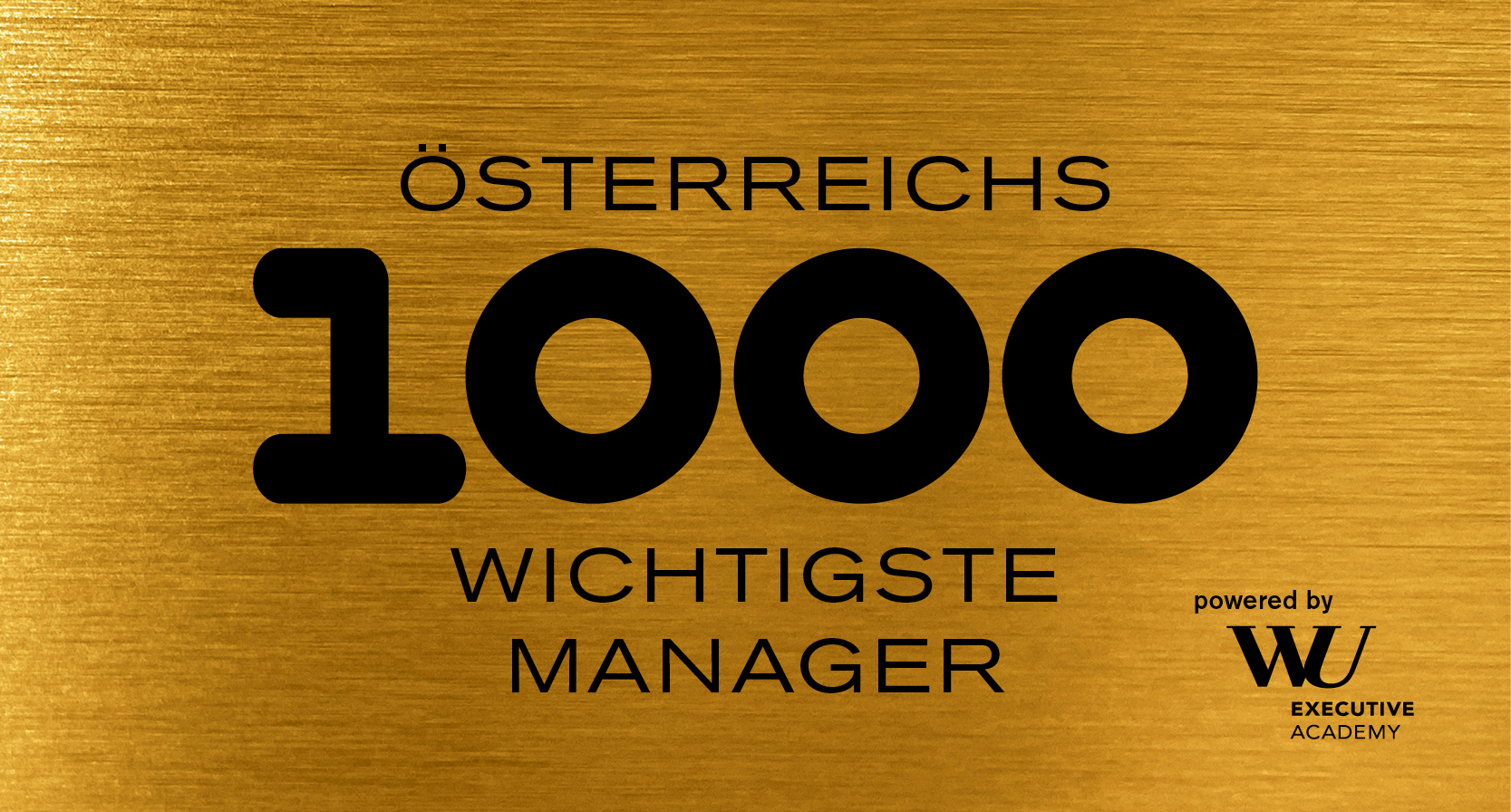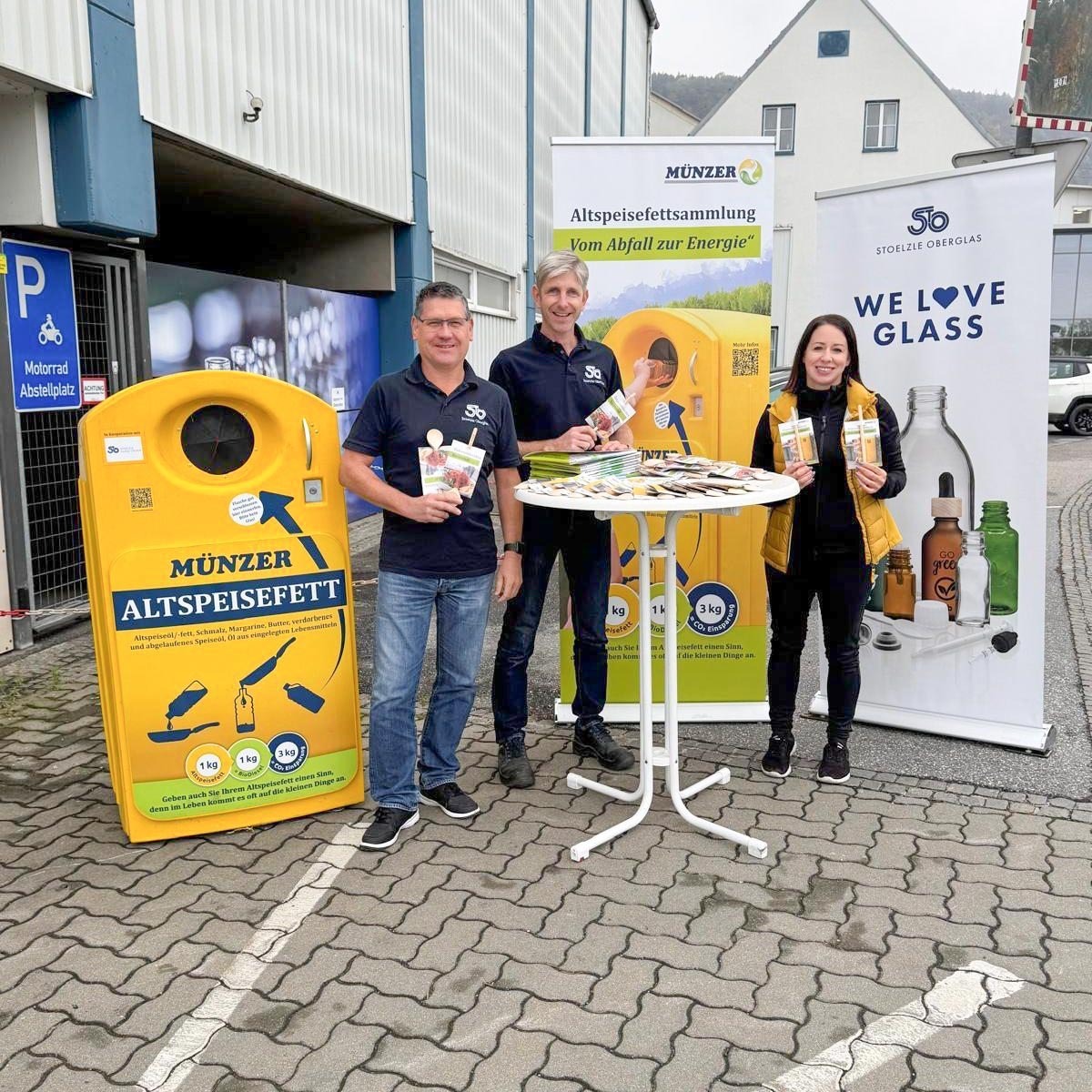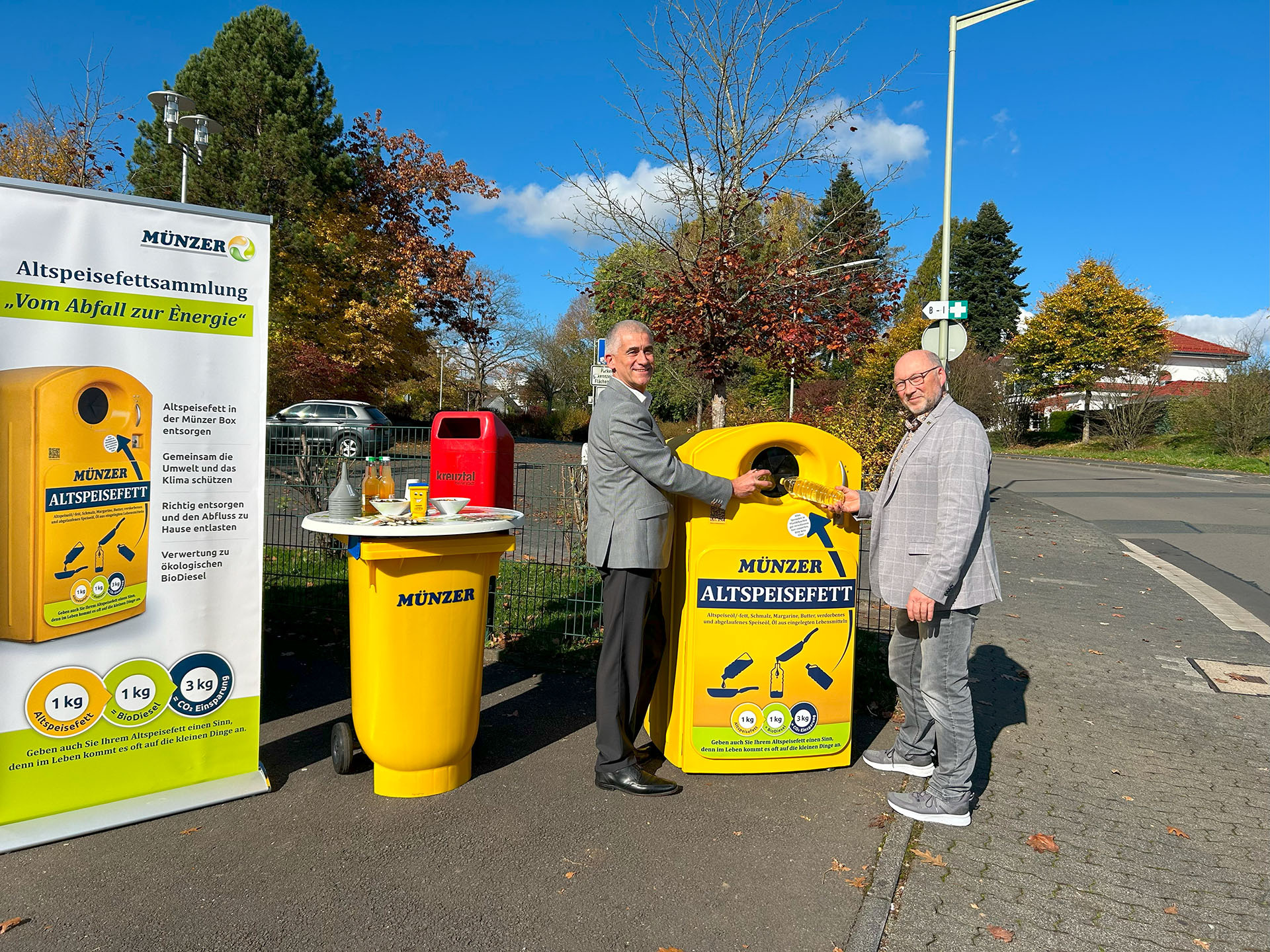Kronen Zeitung: The new plans of the biodiesel pioneers
The Münzer group is also investing in biogas, and would be prepared for an increase in fuel blend ratio.
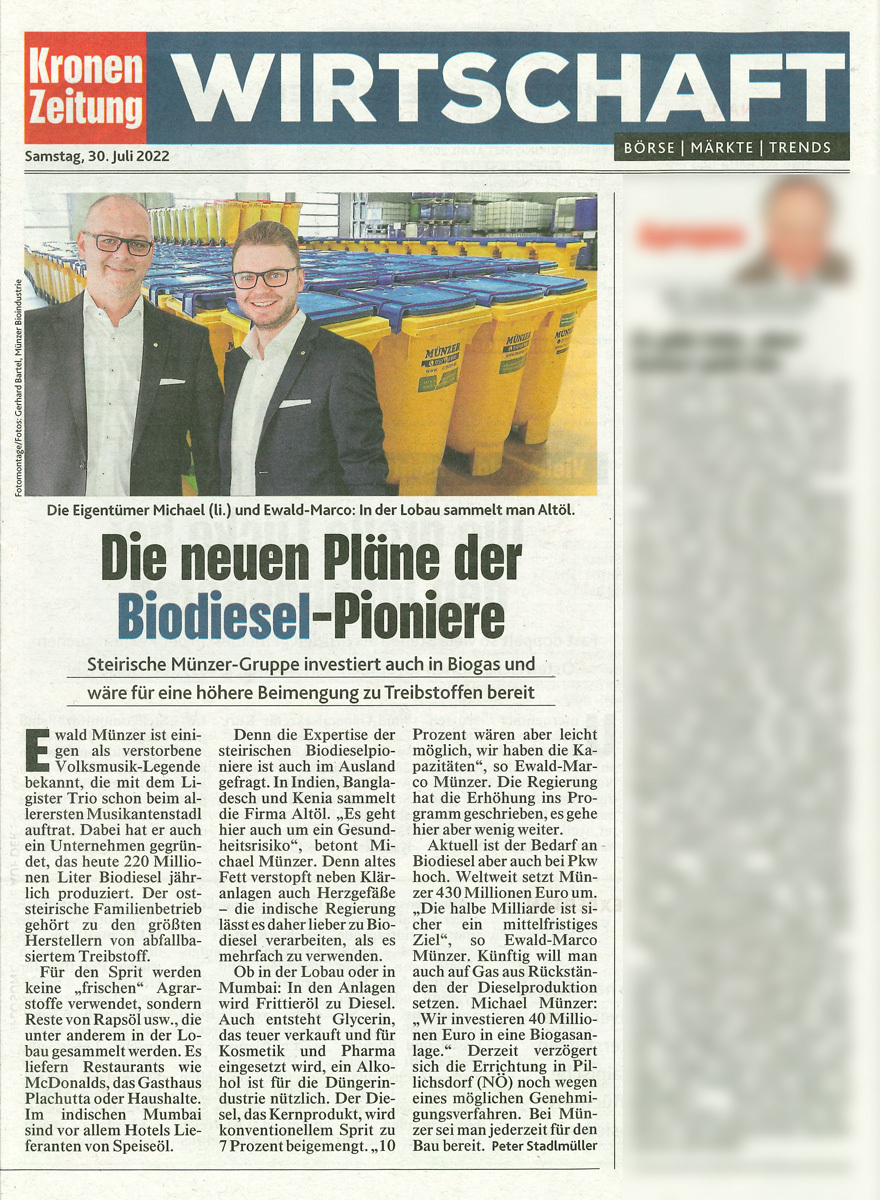
The name Ewald Münzer is known to some as a now-deceased folk music legend who performed with the Ligister Trio at the very first “Musikantenstadl” show. He also founded a company that now produces 220 million litres of biodiesel a year. The family business based in the eastern part of the Austrian province of Styria is one of the largest producers of waste-based fuel.
The fuel is made not from “fresh” agricultural produce, but from residues of rapeseed oil and the like, collected in the Lobau floodplain near Vienna, among other places. Deliveries come from fast-food chains such as McDonald’s, restaurants such as the Plachutta, as well as from private households. In Mumbai, India, hotels are the main suppliers of cooking oil.
Because the expertise of the Styrian biodiesel pioneers is also in demand internationally. The company collects waste oil in India, Bangladesh and Kenya. “It’s also about the health risks in those countries,” Michael Münzer points out. The reason is because used fat not only clogs sewage treatment plants, but also arteries – which is why the Indian government would rather see it being processed into biodiesel rather than allowing it to be re-used.
Whether in the Lobau or in Mumbai: the Münzer plants turn frying oil into diesel blend fuel. Glycerine is also produced, and sold at a high price for use in cosmetics and pharmaceuticals, while an alcohol is useful to the fertiliser industry. The core diesel blend product, is blended with conventional fossil fuel at a rate of 7 percent. “But 10 percent would easily be possible; we have the capacity,” claims Ewald-Marco Münzer. The Austrian government has adopted the increased blend ratio as policy, but there is little movement on the matter.
Demand for biodiesel from the passenger car market is currently also high however. Münzer has a global turnover of €430 million. “Half a billion is certainly a medium-term goal,” says Ewald-Marco Münzer. In future, the company is also intending to make gas from diesel production residues. Michael Münzer: “We are investing €40 million in a biogas plant.” Its construction in Pillichsdorf, Lower Austria, is currently delayed due to a potential approval procedure. Münzer states that it is ready to start construction at any time.
